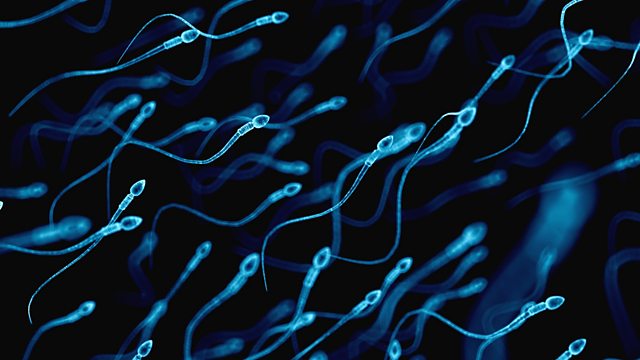Study: Sperm counts around the world declining
Researchers blame lifestyle choices and the prolific use of man-made chemicals, which they believe impact foetal development
A new study has revealed a dramatic decline in sperm count around the world over the last fifty years, which researchers say is accelerating at an alarming pace.
A study published in the journal Human Reproduction Update, based on 153 estimates from men, suggests that the average sperm concentration fell from an estimated 101.2m per ml to 49.0m per ml between 1973 and 2018 – a drop of 51.6%.
Moreover, the rate of decline appears to be increasing: looking at data collected in all continents since 1972, the researchers found sperm concentrations declined by 1.16% per year. However, when they looked only at data collected since the year 2000, the decline was 2.64% per year.
Professor Hagai Levine from the Hebrew University of Jerusalem is co-author of the study. He told Newsday that the results are a “wake-up call for...men but we need to protect the pregnant mothers…we are doing a very bad job in regulating the chemicals that we use.”
(Picture: Shows medically accurate illustration of human sperms. Credit: Getty Images.)
Duration:
This clip is from
More clips from Newsday
-
![]()
'I immediately called my mother, I told her that I was alive'
Duration: 02:21
-
![]()
'People on both sides have suffered enough'
Duration: 04:44






